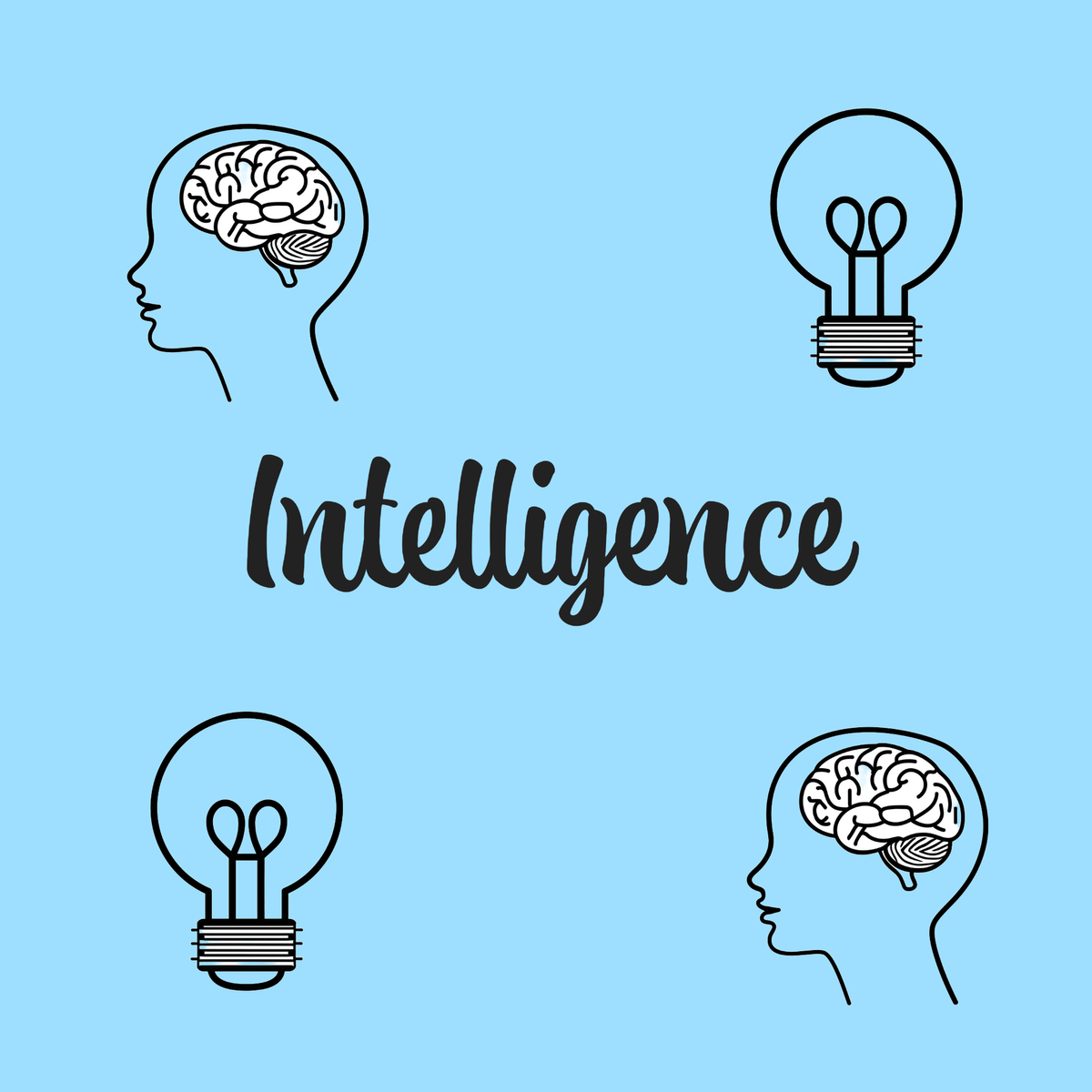The Intelligence Spectrum: Identify Your Strengths

Hi Team,
In both our learning and other aspects of life, identifying our strengths and weaknesses is crucial. When it comes to learning, having a clear awareness of our strengths enables us to focus our strategies on areas where we have proven success. Within this concept, there are eight identifiable forms of intelligence, which we will explore to maximise your learning experience and understand the importance of building on your weaknesses.
The Forms of Intelligence
Alongside determining what type of learning style suits you best, as covered in our article What Type of Learner Are You?, Harvard University neuropsychologist Howard Gardner identified eight forms of intelligence in his book Frames of Mind: The Theory of Multiple Intelligences:
1. Spatial
2. Bodily-kinaesthetic
3. Musical
4. Linguistic
5. Logical-Mathematical
6. Interpersonal
7. Intrapersonal
8. Naturalistic
Gardner's research concluded that each person might possess strengths in one or more of these areas, suggesting that weaknesses in other areas should not be a concern. The idea is to find the form of intelligence where you show the most promise and develop these skills.
Embrace Our Strengths
The first question we might ask is: how can I identify my forms of intelligence? The best way to do this is by trying new experiences and being aware of skills that align with specific forms of intelligence. For example, if you are good at solving puzzles, you may have a strong spatial intelligence. If you excel at connecting with others, you might possess high interpersonal intelligence.
Once you've identified your strengths, the next step is to find new challenges to push these forms of intelligence. This could involve selecting a career path that matches your intelligence type or engaging in activities that develop your strengths. For instance, someone with high musical intelligence might pursue learning a new instrument, while someone with strong linguistic intelligence might focus on writing or public speaking.
Challenge Our Weaknesses
Just as we identify our forms of intelligence through new experiences, we can also pinpoint our weaknesses. While it might be tempting to avoid our weak areas, challenges are beneficial for our brain, and we can improve over time. If you identify a weakness in a particular form of intelligence, consider it an opportunity for growth.
Engaging with your weaknesses can be uncomfortable, but it is well worth the effort. Pushing through the initial discomfort of learning a new skill can lead to significant personal development. For example, if you struggle with logical-mathematical intelligence, taking up activities that require logical thinking, like coding or playing strategy games, can help improve this area.
It's important to understand that progress may be slower than in areas of strength, but persistence is key. Over time, you may find that your once-weak areas have developed into new strengths.
Practical Tips for Development
Here are some practical tips to help you develop your strengths and address your weaknesses:
- Set Clear Goals: Define what you want to achieve in each area of intelligence. This helps maintain focus and motivation.
- Seek Feedback: Regular feedback from mentors or peers can provide insights into your progress and areas for improvement.
- Reflect on Your Learning: Take time to reflect on your experiences and what you’ve learnt from them. This can help you understand how to apply your strengths more effectively and address your weaknesses.
Closing Remarks
Understanding and leveraging the eight forms of intelligence can significantly enhance your learning experience. By embracing your strengths and challenging your weaknesses, you create a well-rounded approach to personal and professional development.
For a more detailed breakdown of each form of intelligence, check out this article, which provides an overview and potential career paths for each form of intelligence.
If you liked this newsletter then check out our website and subscribe to receive these updates, which can be found with the link below:
